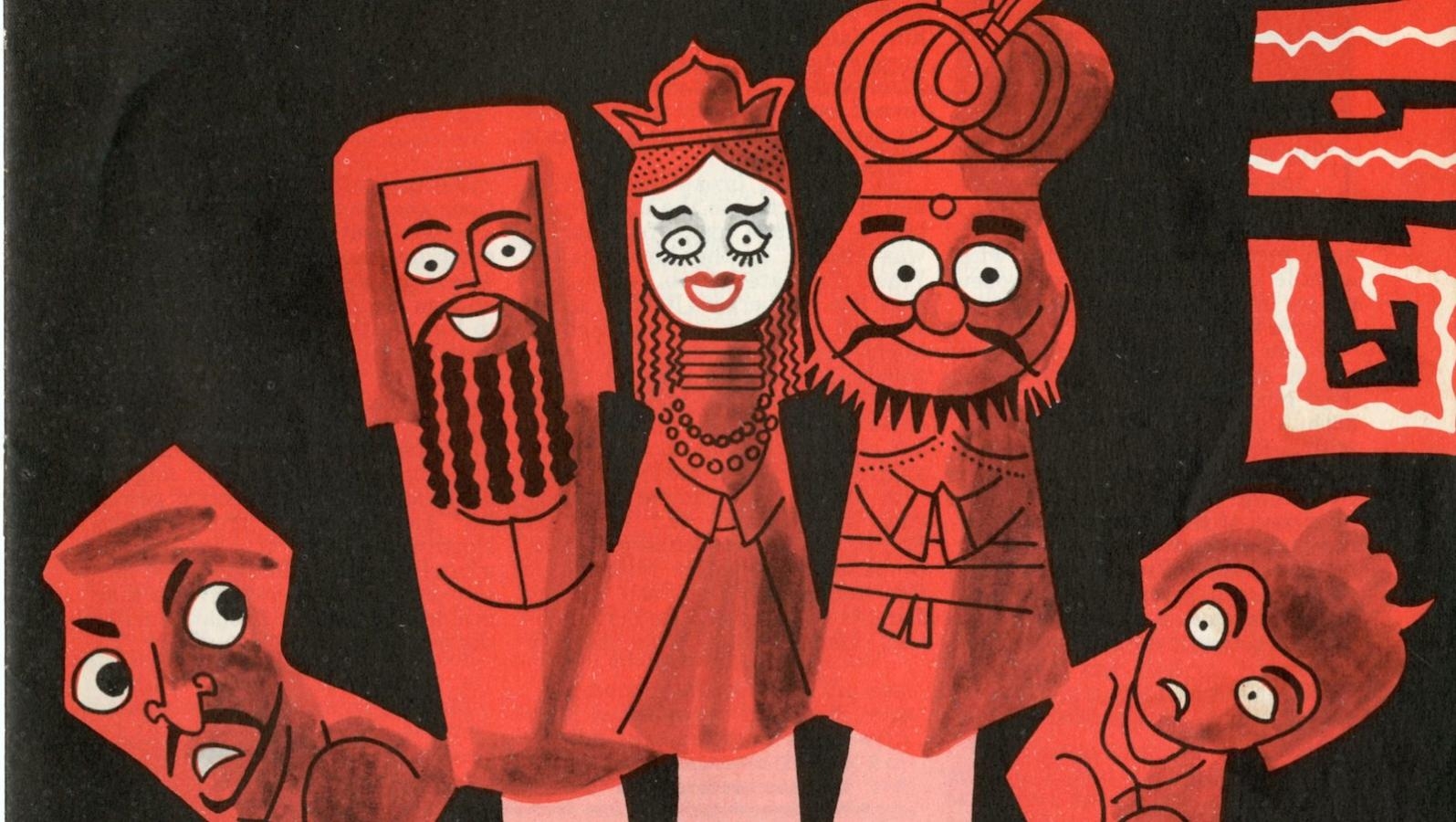Gragger — Pronounced GRAH-gur. Yiddish for “noisemaker.” Graggers are used during the reading of the (see below). When the reader speaks the name of Haman the congregation tries to drown out the evil name using noisemakers and booing.
Hamantaschen — Pronounced HAH-mun-TAHSCH-un. Yiddish for “Haman’s pockets,” known in Hebrew as “oznay Haman” meaning “Haman’s ears.” A triangular cookie with a filling (typically jam or poppyseed) inside, traditionally eaten on .
Matanot l’evyonim — Pronounced mah-tah-NOTE leh-ehv-yon-EEM. Hebrew for “gifts to the poor.” It is a commandment to give to the poor on Purim.
Megillah — Pronounced muh-GHILL-uh, or meh-ghee-LAH. Hebrew for scroll, it is usually used to refer to the scroll of Esther (Megillat Esther, also known as the Book of Esther), a book of the Bible traditionally read twice during the holiday of Purim. Megillah scrolls are often illuminated.

Help us keep Jewish knowledge accessible to millions of people around the world.
Your donation to My Jewish Learning fuels endless journeys of Jewish discovery. With your help, My Jewish Learning can continue to provide nonstop opportunities for learning, connection and growth.
Mishloah manot, shlah manot — Pronounced mee-SHLOH-ahkh mah-NOTE, SHLAHKH mah-NOTE (or SHAH-lahk MAH-nohs). Hebrew for “sending portions to one another.” A phrase taken from the Megillah that commands the Jewish community to give small packages of food or gifts to friends on the day of Purim.
Purim — Hebrew for “lottery,” and the name of the holiday.
Seudah — Pronounced seh-ooh-DAH (oo as in boot) or SOO-dah. Hebrew for feast. There is a commandment to have a festive meal, or a seudat mitzah, on the day of Purim. Wine and liquor are traditionally served at the festive meal.
Shpiel (sometimes spelled spiel) — Pronounced SHPEEL. Yiddish for “play” or “skit.” A Purim shpiel is a humorous and dramatic presentation of the events outlined in the Book of Esther, often performed on Purim eve.
Taanit Esther — Pronounced tah-ah-NEET EH-ster. Hebrew for “the fast of Esther.” A fast from sunrise to sunset on the day before Purim, it commemorates the fast that Queen Esther and the Jews of Shushan undertook.
Tzedakah — Pronounced tzuh-DAH-kah. Hebrew for “righteousness” or “justice,” but it is often interpreted as charity. It is a commandment to give to those in need on Purim.



